Free the Bears rescues threatened sun bears and moon bears from the illegal wildlife trade and bear bile farms. Recently, we learned about a tiny sun bear cub with a severe snare wound in the far south of Laos, more than 1,000 km away. Our rescue team leapt into action, departing at 4 a.m. to reach her as soon as possible. While we were on the road, our government partners confiscated the bear and brought her to their office.
At the same time, a second tiny, orphaned moon bear cub was found in Vientiane, the capital of Laos. Once again, our government partners were able to confiscate the cub, and our rescue team picked up the moon bear on their return journey to our sanctuary. After collecting the sun bear and providing her with emergency treatment, a team member stayed behind to make room for the moon bear cub.
More info: freethebears.org | Instagram | x.com | Facebook | youtube.com
The 2 cubs rescued by our Laos team and government partners are both on the road to recovery
We could never have expected to arrive back at our sanctuary with both a sun bear and a moon bear cub, each around 4 months old and under 10 kg—both incredibly traumatized. The injuries on the sun bear cub were quite severe and extensive, requiring the amputation of her leg. Both cubs are improving day by day, and we expect them to fully recover and live a healthy, enriched life free from pain, fear, and suffering.
These are the 31st and 32nd bears we’ve rescued in 2024—the highest number we’ve ever rescued in a single year—placing immense strain on our small nonprofit charity. Special thanks to our government partners from DOFI Pakse and DOFI Vientiane for assisting with these rescues, and thank you for being Bear Carers.
Initial picture we received of a snare injured sun bear cub
Emergency treatment required at the rescue location
Thanks to government partners from DOFI Pakse for the confiscation
Government partners from DOFI Vientiane confiscate an orphaned moon bear cub
The cubs we rescue are generally taken from the wild by poachers. As a mother bear would never willingly give up her cubs, the mothers are often killed by the poachers, and some of the cubs may have witnessed this. The cubs are very vulnerable (normally, bear cubs spend 2–3 years with their mothers), often terrified, and sometimes suffer from health issues or snare wounds.
The first thing we need to do is provide them with a safe, calm environment at our specialist Cub Nursery, have our vet team check their health, and ensure they receive a healthy diet. For the youngest cubs we rescue, this may involve bottle-feeding with a special milk formula. For most of the cubs, it doesn’t take long for our carers to build a relationship with them, gain their trust, and for the cubs to gain strength and confidence and start acting like playful cubs. Some of the bears we rescue are very traumatized and take longer to recover from the trauma.
Offical handover, thanks to DOFI Vientiane
Preparation for surgery on the sun bear cub
2 weeks after surgery, on the road to recovery
3 weeks after surgery – the sun bear cub is more strong, confident, wound healed
3 weeks after rescue – the shy and terrified moon bear cub is building trust, strength and confidence
Both of the cubs are doing very well. Two weeks ago, the sun bear cub was relocated from the Quarantine House (where she had been under close supervision by the vet team) to the Cub Nursery, as her wounds had fully healed and she was no longer on medication. As these are the only two small cubs we currently have in the Cub Nursery (we rescued 18 tiny cubs within three days earlier in the year, but they have all now moved from the Cub Nursery to larger habitats), we have just introduced the two cubs to each other. Even though they are two different species, it will be no problem to have them together given their small size, and they will be able to help each other recover from the traumas they’ve suffered. They are still a little nervous around each other, but in the coming days, we expect to see them playing together constantly, as bear cubs do.
Once older and recovered, the bear cubs will move to large outdoor enclosures
Due to a lack of safe and protected forest, they will require lifelong care at our sanctuaries
Anyone who cares about threatened bears suffering in bile farms and the illegal wildlife trade can support Free the Bears by sharing our posts to create awareness and by joining our family of Bear Carers to help rescue more bears. This year, Free the Bears has rescued 33 bears—more rescues than at any time in our 29 years of helping bears. It has put a huge amount of pressure on our limited resources, so any help is very much appreciated and valued (and genuinely makes a difference).
1k+views
Share on Facebook
 Dark Mode
Dark Mode  No fees, cancel anytime
No fees, cancel anytime 




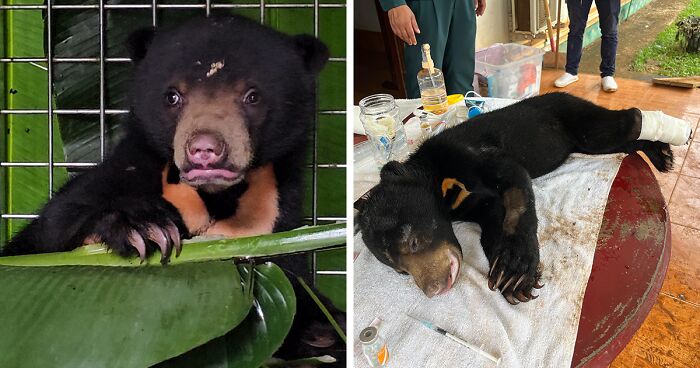






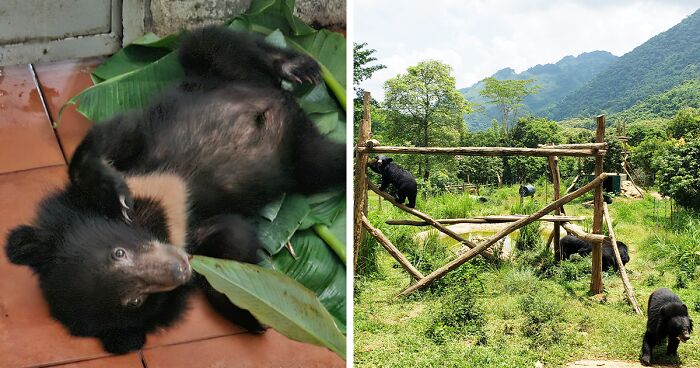


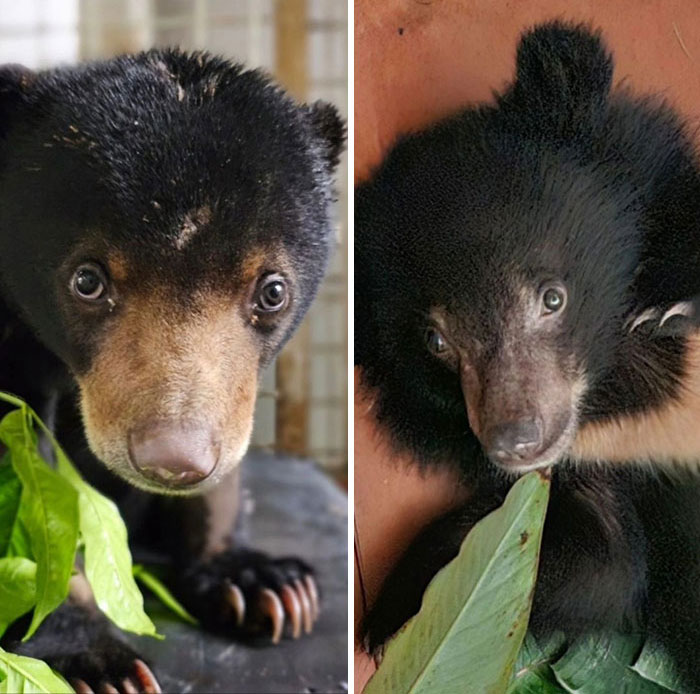
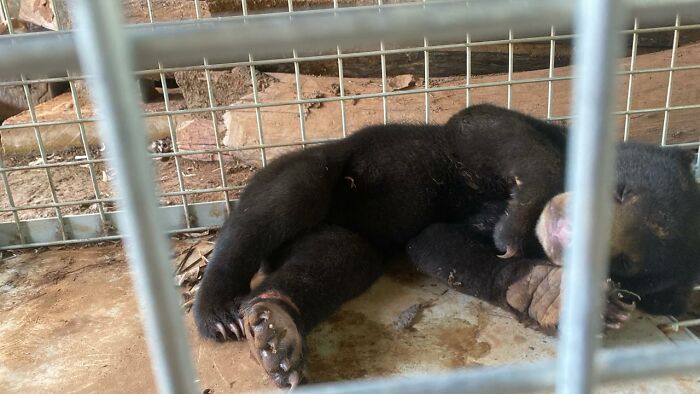
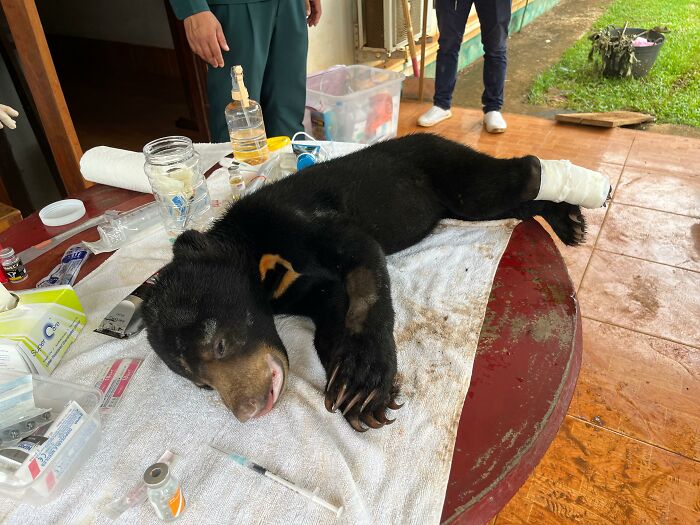
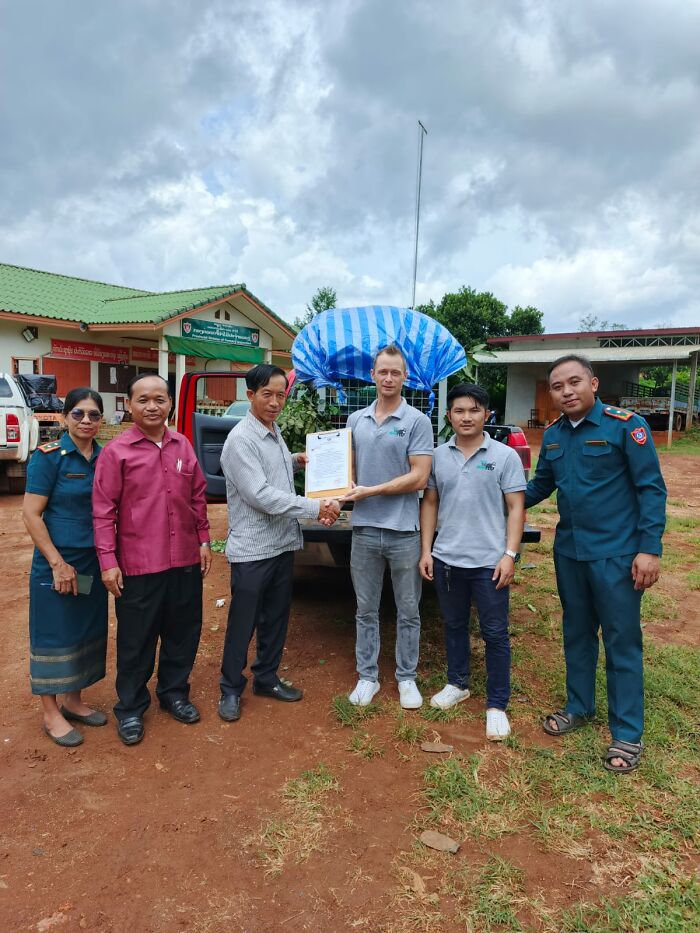
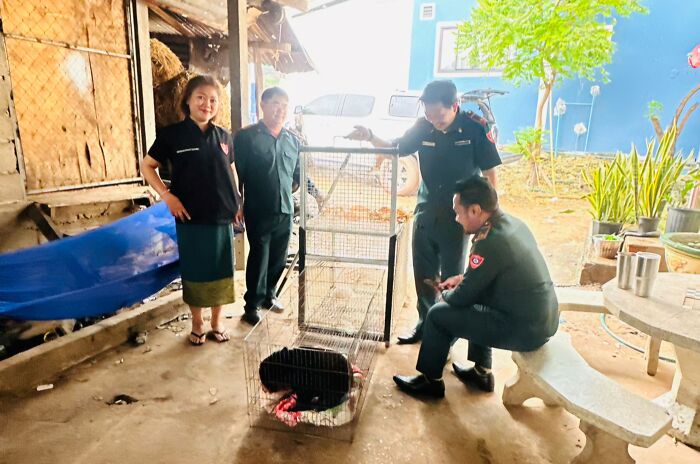
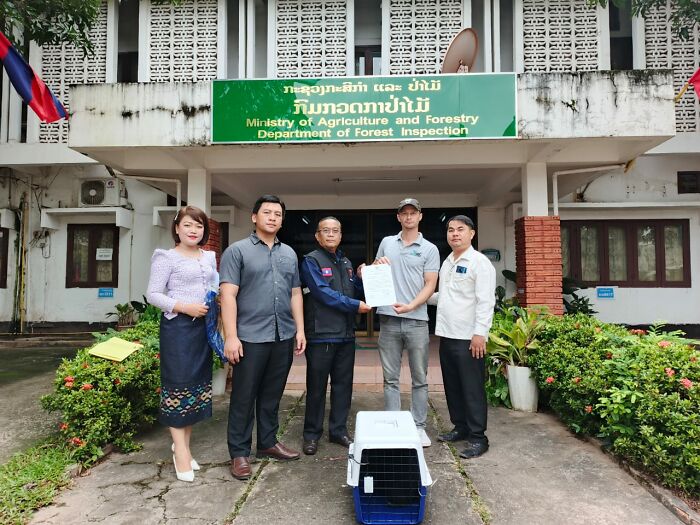
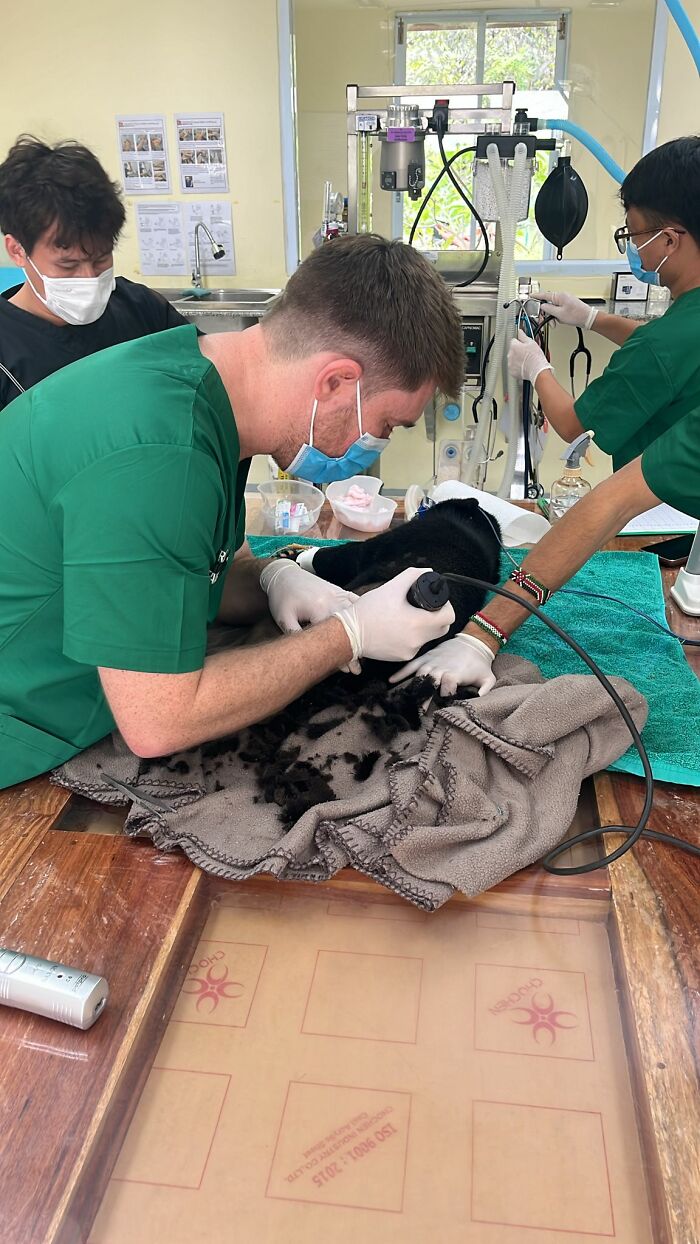
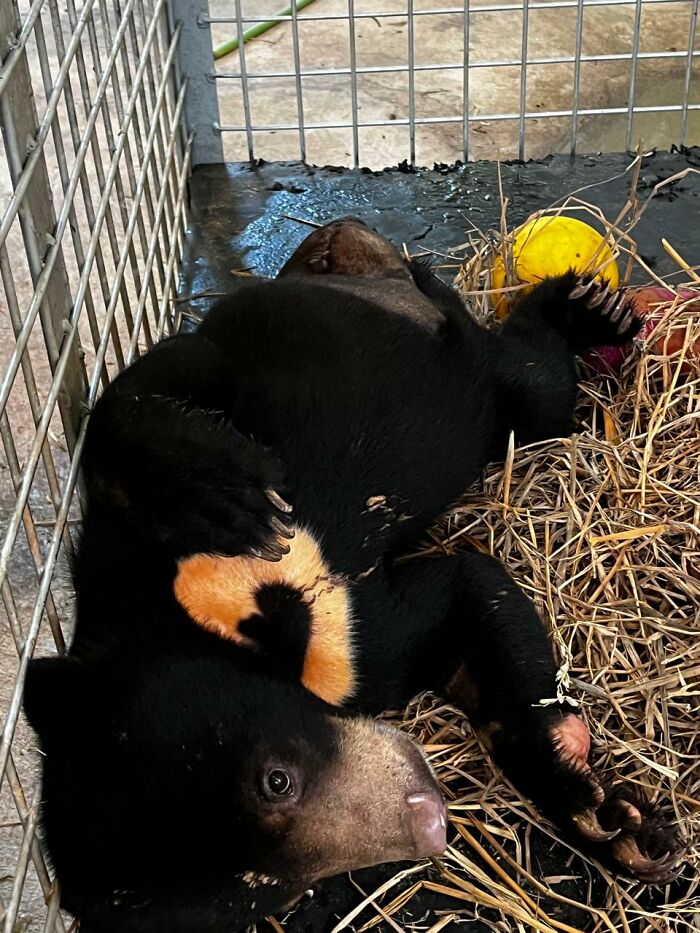
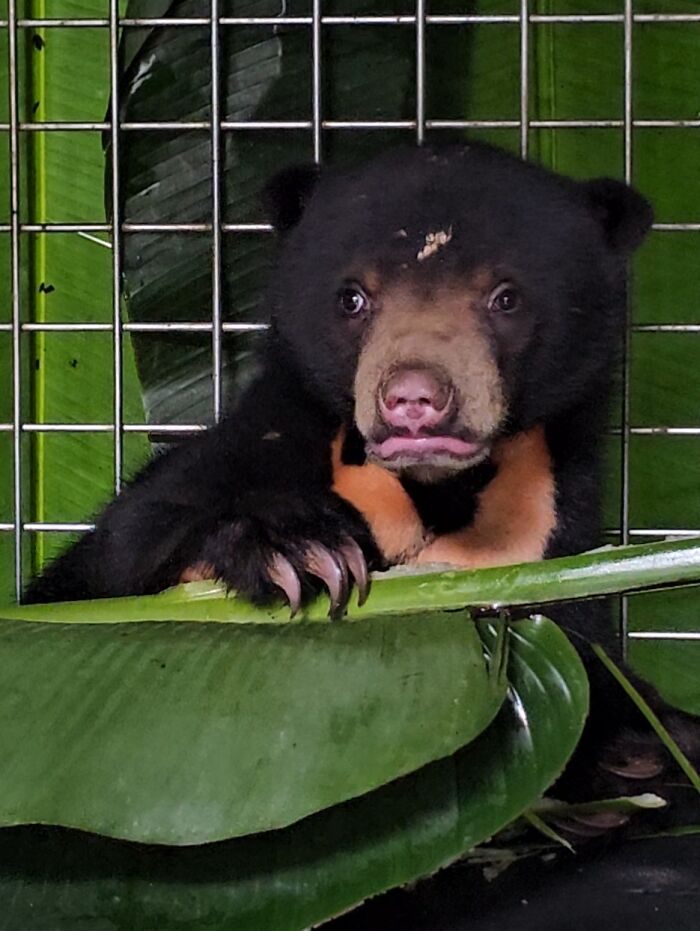
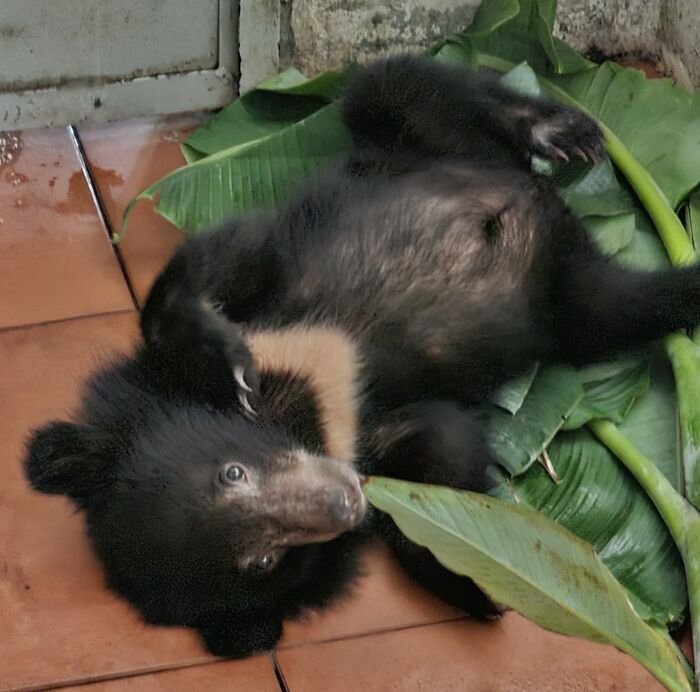
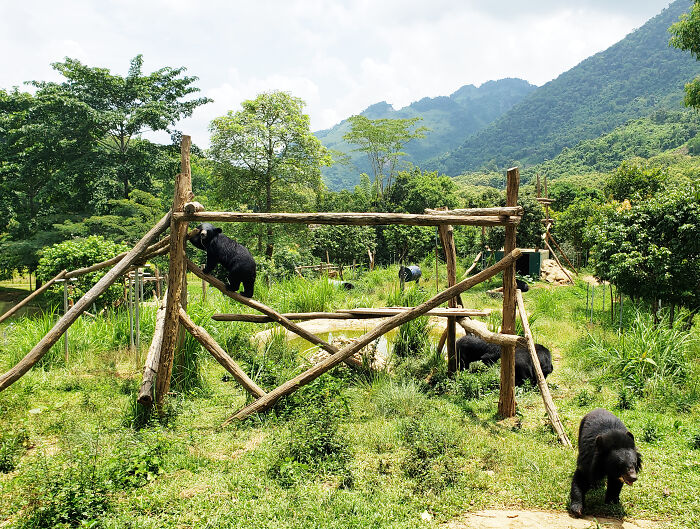
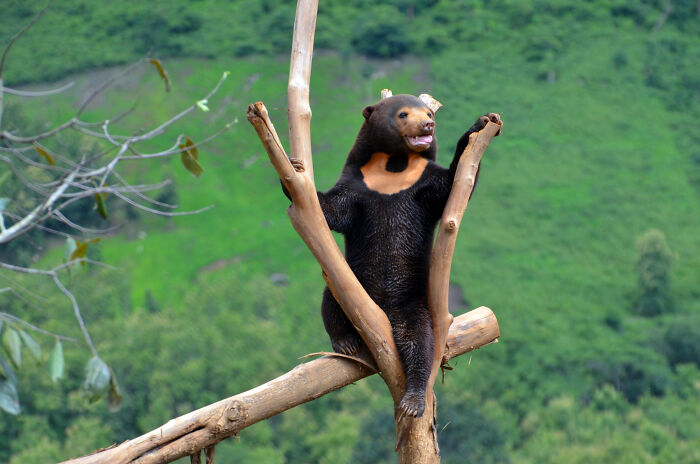
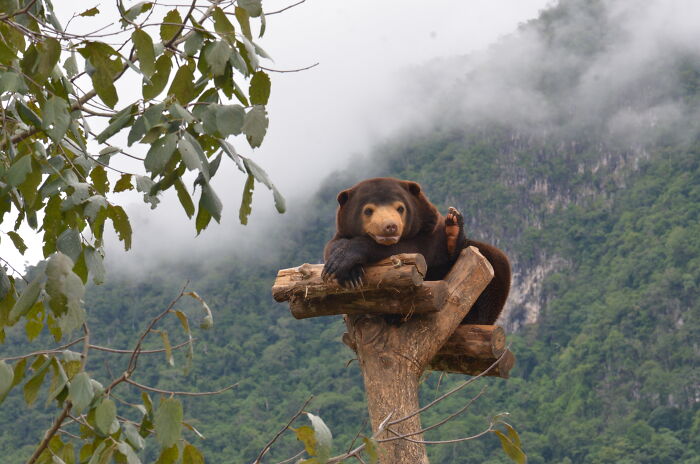





74
1